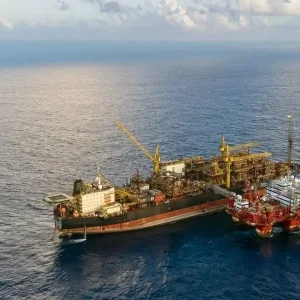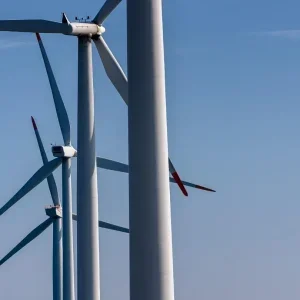 The Atuabo project will use Isopentane gas as a fuel source, which otherwise goes wasted. GE will be supplying its TM2500 gas turbines for the waste-to-power project.
The Atuabo project will use Isopentane gas as a fuel source, which otherwise goes wasted. GE will be supplying its TM2500 gas turbines for the waste-to-power project.
The power plant will be built in the Western Region of Ghana, close to the gas processing facility of Ghana National Gas Company (GNGC).
In the first phase, Atuabo, which will generate up to 25MW, will be capable of powering more than 100,000 Ghanaian households. The Atuabo power plant will supply its power to the Electricity Company of Ghana.
GE Gas Power Systems Sub-Saharan Africa CEO Leslie Nels said: “The TM2500 unit will provide unrivalled speed to deployment and flexibility to support the immediate needs of our customer – Marinus Energy, and then seamlessly transition to deliver capacity over the long term as they expand their operations.
“The Atuabo project will add yet another TM2500 gas turbine to the existing fleet of ten units in the country earlier deployed in 2016.”
The power plant is expected to be expanded with more gas generating units after additional gas is brought onshore. Eventually, the Atuabo plant is expected to have a capacity of 100MW.
Marinus Energy strategic advisor Fred Asamany said: “Not only is the Atuabo waste to power plant enabling our company to lead in innovative energy solutions in Ghana, but by using a fuel source which would otherwise have been flared as waste, we are further reducing emissions and costs.
“This is good for our business, the climate and eliminates the potential environmental hazards facing the local community. GE is offering an innovative solution which gives us the confidence to move from pilot to commercial operations.”
According to GE, additional Isopentane fuel will be stripped off an offshore gas supply eventually and processed at the power plant by the GNGC.
Initially, GE’s gas turbine will be fueled by lean gas and later on will run on the Isopentane mix over time. Eventually, the power plant is planned to operate at base load throughout its life.
Image: GE will use its TM2500 gas turbines for the Atuabo waste-to-power project in Ghana. Photo: courtesy of General Electric.






